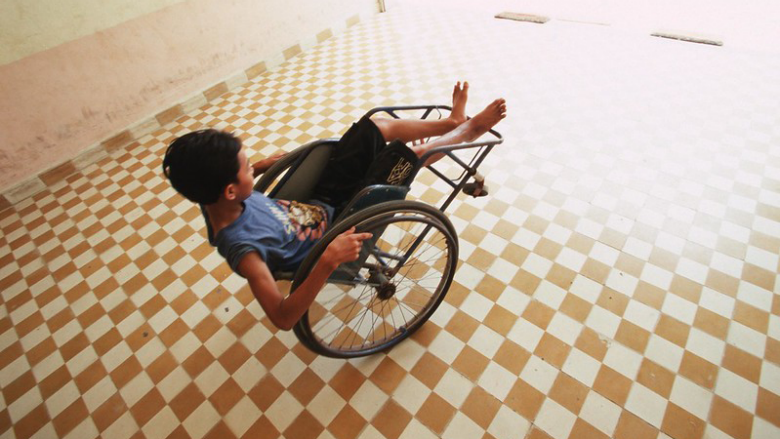A large and growing number of people in developing countries experience a disability, which disproportionately affects vulnerable populations. Persons with disabilities are more likely to experience adverse socioeconomic outcomes than persons without disabilities, such as less education, poorer health outcomes, lower levels of employment, and higher poverty rates. How are these individuals impacted in the development process, and how can development be more disability inclusive? There are still big knowledge gaps to fill.
Working Papers
The Whys of Social Exclusion: Insights from Behavioral Economics (2017)
All over the world, people are prevented from participating fully in society through mechanisms that go beyond the structural and institutional barriers identified by rational choice theory. This essay discusses four additional mechanisms that bounded rationality can explain.
This literature review summarizes the link between psychological well-being and entrepreneurial outcomes for small and medium-size enterprises in fragile, conflict, and violence–affected contexts. It identifies potentially promising, scalable psychosocial training interventions that can be adapted and implemented to improve psychological health at the individual level, which could lead to better business performance at the firm level.
This paper looks at the structural marginalization of ethnic, religious, and sexual minorities in six pilot economies (Bulgaria, Mexico, Morocco, the Netherlands, Tanzania, and Vietnam) and proposes a new methodology for collecting cross-country comparable data on antidiscrimination legal frameworks.
